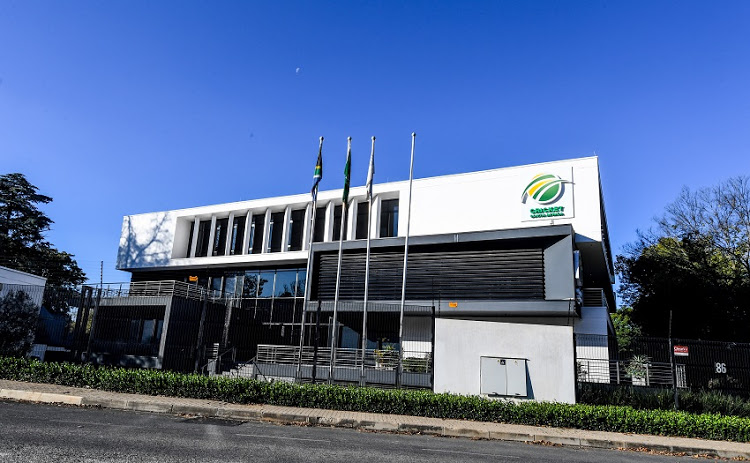RYAN VREDE asks: If one of the objectives of a 15-team domestic structure is broadening the potential to build international-quality players, where are the elite coaches who contribute significantly to growing that calibre of player going to come from?
On Monday, Cricket South Africa (CSA) announced an expanded 15-team, two-tier domestic structure. Boland, Central Gauteng Lions, Eastern Province, Free State, KwaZulu-Natal (Coastal), North West, Northerns and Western Province will be part of the eight-team Division 1.
Border, Easterns, KwaZulu-Natal Inland, Limpopo, Mpumalanga, Northern Cape and South Western Districts will join a seven-team Division 2.
One of the primary objectives for this, acting CSA members’ council predident Rihan Richards said, was to ‘… maintain its position as a powerhouse in world cricket’.
That was a generous assumption. South Africa is no longer a powerhouse in world cricket, but I understand that CSA has a brand message it needs to communicate. The truth is that they hope the new structure will elevate them back to being a powerhouse in world cricket.
I have my reservations about whether South Africa has a deep enough pool of elite-level talent to populate a structure with this stated intention. If the T20 challenge is anything to go by, we most likely don’t. That competition featured a disconcerting number of deeply average players.
That aside, more concerning is where do you find the coaches with the requisite qualifications and skills to achieve the stated goal of building international-calibre players.
There seems to be an obsession with appointing former international players to coaching positions among the domestic game’s elite, evidenced by four of the six franchises having such men at the helm. Their competence, or lack thereof, will be revealed in time.
Simply appointing formers pros isn’t a sustainable strategy, though. There needs to be a focus on developing elite-level coaches, whose qualifications and experience extend beyond having played for their country, or at first-class level.
That this wasn’t a key consideration when expanding the domestic structure to 15 teams is perplexing. One can’t simply hope international-calibre players will emerge. Certainly, there will be exceptionally gifted players who will need less investment than others, but those players are rare.
The majority of young professional players need an elite-level coach to help develop the mental, technical and tactical skills required to take the next step effectively. I don’t see where these coaches are going to come from.
I also wonder how CSA or the unions plan to financial establish and support high-performance environments in the majority of these regions? CSA is in financial turmoil thanks in part to their own incompetence and in part to the pandemic and associated cancelled/postponed tours.
The knock-on effect is that there will be less money to assign to the unions, while those unions also have less independent revenue-creating potential than at any stage in the professional game’s history, due to the effects of Covid-19. This is particularly debilitating in regions like Eastern Cape, which is rich in talent but poor in resources.
It appears that CSA has invested in an expanded player base with too little consideration for who will coach those players at a level that will achieve their stated intention. Sadly, it is likely to produce yet more years of domestic mediocrity.







